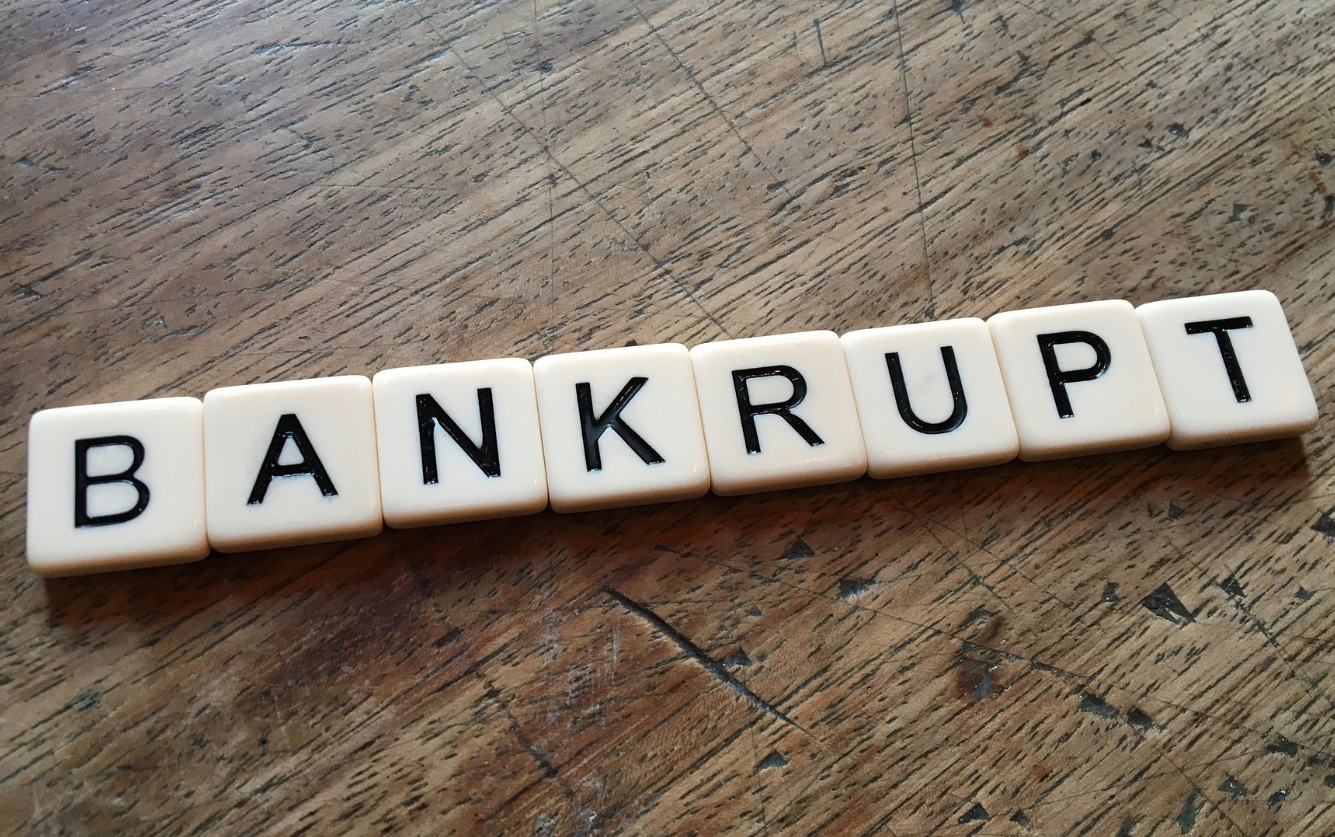Understanding Bankruptcy Claims and Periods, Plus the Difference between Chapter 7 vs. Chapter 11
What is the primary difference between Chapters 7 & 11? Chapter 7 is a liquidation and Chapter 11 is a reorganization. An entity that files for protection under Chapter 11 is typically an entity that wants to continue to do business.
According to The United States Bankruptcy Court, the debtor typically “proposes a plan of reorganization to keep its business alive and pay creditors over time.” Whereas, an entity that files for protection under Chapter 7 is likely to dissolve once their assets have been distributed – hence the term “liquidation.”
Debtor in Possession
Entities in bankruptcy need money. Seems obvious, right? Bob Eisenbach of Cooley LLP refers to this need for cash as a liquidity crisis.
“Companies in financial distress often find that their need for liquidity goes up just as the availability of traditional financing goes down. The borrowing base may shrink, the ability to get further advances may be cut off, and loans may go into default. Worse, new lenders may be unwilling to make loans given the distress. For many distressed businesses, revenues may also be declining and insufficient to cover expenses without additional financing. A liquidity crunch can quickly snowball into a liquidity crisis.”
You may hear the bankrupt entity referred to as Debtor in Possession (“DIP”). DIP means the business will remain in the possession of the debtor during the bankruptcy and it will continue its normal transactions, such as payments to creditors, under the bankruptcy guidelines.
DIP financing is exactly what you would think: it’s financing approved through the bankruptcy court that allows the debtor to continue to operate their business as usual. When the DIP has financing to pay bills, you, as a creditor, could benefit.
Are You a Secured Creditor?
If your customer files for bankruptcy protection and you have a security interest via a UCC filing or are securing mechanic’s lien rights, then you would be considered a secured creditor. In other words, you have secured your customer’s credit with some type of collateral.
If you have not secured your customer’s credit, then you are an unsecured creditor. (Always better to be a secured creditor!) Whether secured or unsecured, there are several bankruptcy claims and periods you should be aware of.
Bankruptcy Claims & Periods
- 503(b)(9) Claim: the claim a creditor can make for the materials or services provided to the debtor within 20 days preceding the petition date, if “the goods have been sold to the debtor in the ordinary course of such debtor’s business.”
- Reclamation Claim Period: the timeframe in which the creditor is permitted to take back certain goods sold to their insolvent customer. The reclamation notice needs to be sent within 20 days from the petition date and covers materials or services provided to the debtor within 45 days preceding the petition date.
- Proof of Claim: defined by the United States Bankruptcy Court as “a written statement and verifying documentation filed by a creditor that describes the reason the debtor owes the creditor money.” – The due date for this document is determined by the court.
- Preference Period: the 90-day period prior to the bankruptcy filing. If the debtor makes any payments to the creditor within that preference period, the trustee can recall those payments.
Please bear in mind, this is not an exhaustive list. If you anticipate your customer filing for bankruptcy protection or if your customer has already filed for bankruptcy protection, quickly contact a legal professional for guidance.
